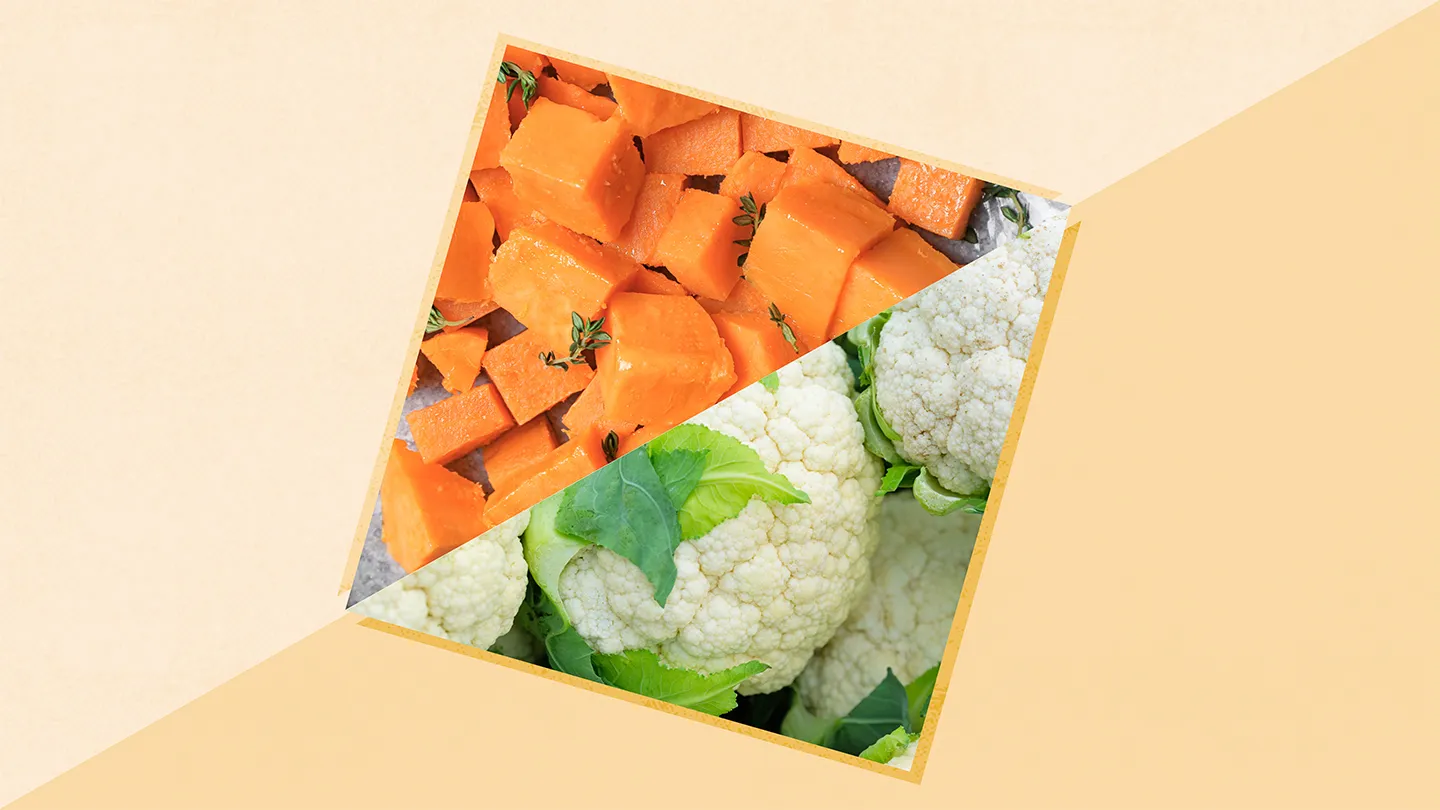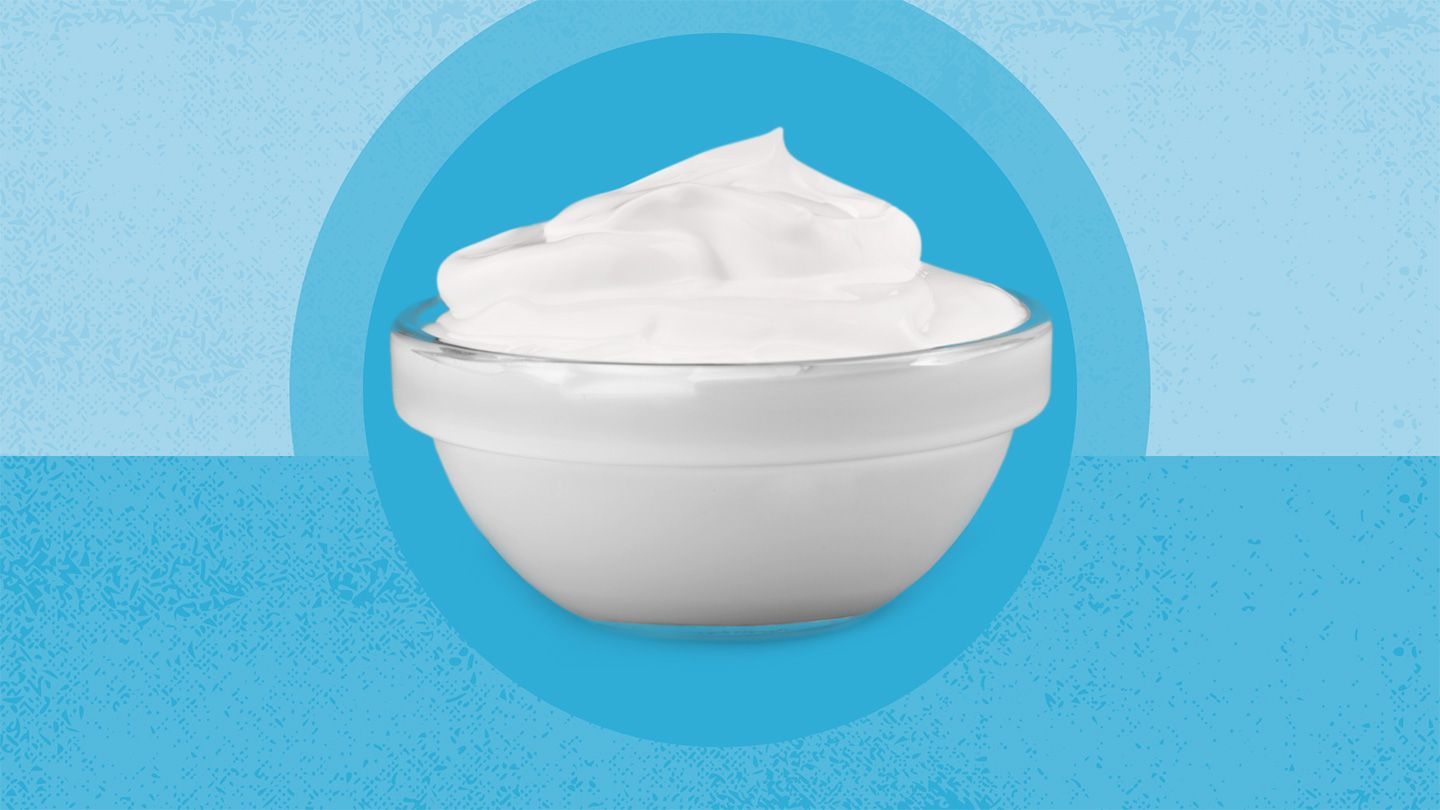An Overview of Corn's Carb Content
Corn is a starchy vegetable that is a staple food in many cuisines around the world. However, when following a low-carb or ketogenic diet, you may be wondering just how many total carbohydrates are contained in an ear of corn.
The carbohydrate content of corn can vary slightly depending on the size and variety. But generally speaking, a medium 6-7 inch ear of yellow or white corn on the cob contains around 25-30 grams of total carbohydrates.
So while corn does contain a significant amount of carbs and is generally avoided on very low-carb diets, it can potentially be incorporated in moderation into diets with 50-100 grams of carbs per day, depending on the individual.
Nutrition Facts for Corn on the Cob
Here are some of the basic nutrition facts for a 6-7 inch medium ear of corn, either yellow or white variety:
- Calories: 96
- Total fat: 1.5g
- Saturated fat: 0.2g
- Protein: 3.4g
- Total carbohydrates: 25g
- Dietary fiber: 2.4g
- Sugars: 3.8g
As you can see, over 90% of the calories in corn come from carbs. However, corn also provides a decent amount of fiber, which slows digestion and impacts net carbs.
Net Carbs in Corn on the Cob
To calculate net carbs, you simply subtract the grams of fiber from the total carbs. So for a medium ear of corn:
Total carbs: 25g
Fiber: 2.4g
Net carbs: 25g - 2.4g = 22.6g (rounds up to 23g of net carbs)
So the net carb count comes out to about 23g per average sized ear of corn on the cob. This net carb amount is still quite high for very low-carb diets.
Corn and the Ketogenic Diet
The classic ketogenic diet limits daily net carbs to only 20-50g per day. Some people can remain in ketosis with up to 50g carbs, while others need to restrict closer to 20-30g.
Since an ear of corn has 23g net carbs, it would likely kick most people out of ketosis if consumed by itself in one sitting. Some people might be able to work in a very small amount of corn and remain in ketosis, but it can be risky.
Strategies for Incorporating Corn on Keto
Here are a few options if you want to integrate just a taste of sweet corn on a ketogenic diet:
- Eat just 2-3 small bites - For example, if you cut a 6 inch ear into thirds, 2 small slices would give you around 8g net carbs.
- Make corn salsa or relish with diced kernels - Use just 2-3 tablespoons to limit carbs.
- Mix kernels into a salad for a small dose of carbs and crunch.
Overall though, most ketogenic diets advise avoiding corn due to the high carb load. There are lower carb alternatives like green beans or zucchini that can increase variety.
Corn Nutrition Benefits
Despite being high in carbs, corn does provide some beneficial nutrition:
1. Fiber
A medium ear of corn contains 2.4g of fiber, which is about 10% of the daily value. Fiber promotes healthy digestion and may lower heart disease risk.
2. Vitamins and Minerals
Corn contains small amounts of several important micronutrients:
- Thiamin - 4% DV
- Niacin - 4% DV
- Folate - 6% DV
- Vitamin C - 6% DV
- Phosphorus - 6% DV
- Magnesium - 6% DV
It provides trace amounts of iron, zinc, copper, manganese, selenium and other minerals as well.
3. Antioxidants
Corn contains antioxidants like lutein and zeaxanthin, which are important for eye health and reducing risk of macular degeneration and cataracts.
The amount of antioxidants is significantly higher in colorful blue and purple varieties of corn.
4. Phytochemicals
Some research shows compounds in corn may help reduce cancer risk and improve inflammation levels in the body.
Non-Starchy, Low Carb Alternatives to Corn
For people strictly restricting carbs, there are several alternatives to corn that can satisfy a similar craving:
1. Green Beans or Wax Beans
Green beans are a non-starchy vegetable with a crunchy texture and sweet flavor. 1 cup of green beans has about 4g net carbs.
2. Bell Peppers
Red, orange, or yellow bell peppers have a crisp, juicy bite. 1 pepper has around 5g net carbs.
3. Asparagus
Asparagus can be eaten raw or cooked. A cup of raw asparagus contains about 4g net carbs.
4. Celery
Celery is extremely low in carbs at just 1-2g per stalk. It has a satisfying crunch.
5. Cauliflower
Riced or mashed cauliflower can substitute for corn in some recipes, with about 2-3g net carbs per cup.
6. Green Cabbage
Thinly sliced cabbage leaves can be used fresh or cooked instead of corn for wrapper dishes. A cup is about 3g net carbs.
7. Mushrooms
Sliced raw mushrooms can provide texture and flavor to salads and salsas. They contain about 1g net carb per cup.
8. Radishes
Radishes have a peppery bite similar to corn and just 1g net carb per 1/2 cup serving.
9. Jicama
Jicama is a crisp tuber vegetable that can be cut into fries or cubes as a lower carb alternative to potatoes or corn.
Is Corn Keto: The Bottom Line
An average size ear of corn is too high in net carbs to fit into a strict ketogenic diet. However, smaller portions of fresh, frozen, or canned corn could potentially work for people with higher carb tolerances.
To limit corn's carbs, enjoy just a few small bites, incorporate diced kernels sparingly into recipes, or try non-starchy substitutes like peppers, greens, or cauliflower instead.
While corn is not keto-friendly, it can be included in moderation in less restrictive lower-carb diets, providing benefits like antioxidants, vision-supporting carotenoids, fiber, B vitamins, and trace minerals.
FAQs
How many net carbs are in an ear of corn?
A medium 6-7 inch ear of corn has around 25-30 total carbs and 2.4 grams of fiber. So the net carbs come out to about 23g per ear of corn.
Can you eat corn on the keto diet?
It's best to avoid corn if following a strict keto diet with only 20-50g daily net carbs, since an ear of corn could use up almost your whole carb limit. A few small bites of corn or sprinkling in some kernels may work for some higher carb keto diets.
What are some good low carb substitutes for corn?
Some excellent low carb vegetables to substitute for corn include green beans, wax beans, bell peppers, asparagus, celery, cauliflower, cabbage, mushrooms, radishes, and jicama.
Is canned or frozen corn lower in carbs?
Canned and frozen corn typically have similar nutrition stats to fresh corn on the cob in terms of carb content. So around 1/2 cup serving will have 15-20g total carbs and 12-15g net carbs.
Does corn have any nutritional benefits?
Yes, corn provides fiber, B vitamins, vitamin C, magnesium, phosphorus, antioxidants like lutein and zeaxanthin, and beneficial plant compounds. However, the high carb count limits how much can be eaten on low carb diets.
Disclaimer: This article is for informational purposes only and does not constitute medical advice. Always consult with a healthcare professional before starting any new treatment regimen.
Related Coverage
Pretzels are too high in carbs for the ketogenic diet. Learn their carb content, low-carb pretzel options, and healthier keto-friendly crunchy snacks....
Get the facts on whether yogurt can fit into a keto diet. Learn how to pick the best low-carb yogurt options and enjoy yogurt without disrupting ketosis....
Enjoy Five Guys fast food while sticking to under 50 grams of carbs daily for keto. Order bunless burgers and swap fries for fresh veggies to meet your macros....
A vodka tonic can pack 100-200 calories per drink or more depending on ratios and mixers used. Learn how tonic water, serving size, and other factors influence totals....
The half day diet is a form of intermittent fasting that involves fasting for about 16 hours and eating within an 8 hour window. Learn how it promotes weight loss....
Transition smoothly into keto eating as a beginner with these easy tips. Gradually reduce carbs, allow flexibility, address cravings, use familiar foods, and more....
Learn about the POTS diet for increasing fluid, salt intake and recipes that help control fainting, dizziness episodes. Get tips for staying hydrated plus lifestyle changes that improve symptoms....
Enjoy your summer barbecues while eating low carb. This article covers 30 tasty keto-friendly side dishes from grilled veggies to flavorful salads and more....
Does wine have carbs? Explore how grape varietal, sweetness level, winemaking methods, and aging impact the carbohydrate content in different wine styles....
Wondering if you can eat peanuts on the keto diet? Get the facts on peanut nutrition, carbs, and health impacts. Plus better keto snack options and peanut butter swaps....









